Ukraine remains “in search of an identity”
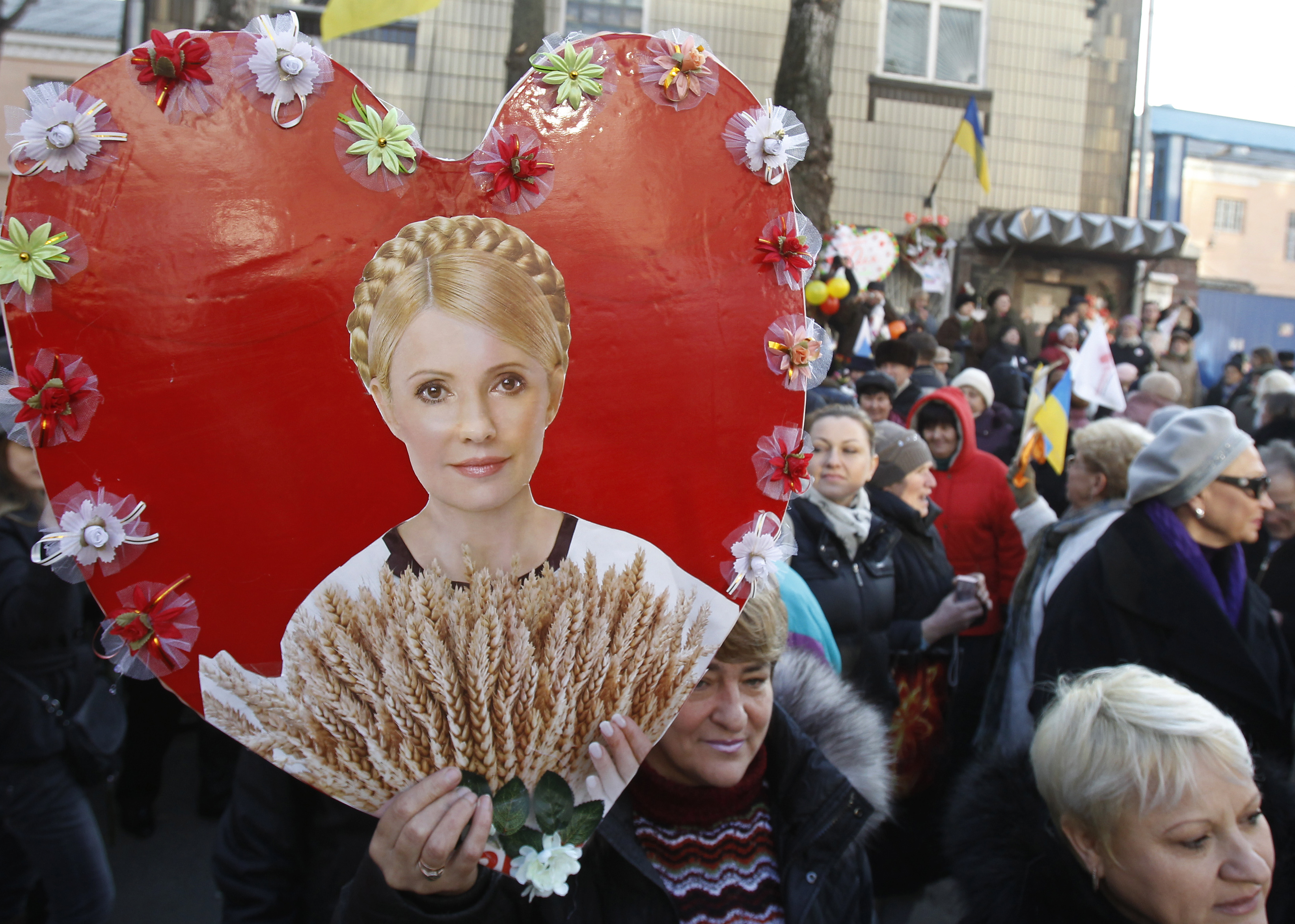
Twenty years after the fall of the Soviet Union – and despite the hopes raised by the Orange Revolution – Ukraine is still torn between Europe and Russia.
Swiss experts say that the country’s search for identity has had an impact on its stability.
Unable to realise the hopes raised by the 2004 revolution, Ukraine plunged into a political and economic crisis, exacerbated by the jailing in October 2011 of former Prime Minister Yulia Tymoshenko – a symbol of the opposition – and by the controversial policies of the pro-Russia President Viktor Yanukovych.
Considered a geopolitical battlefield between Russia and the West, Ukraine has been trying to straddle the two worlds.
“It’s a state torn by civil strife, looking for its own identity,” said Andre Liebich, professor at the Graduate Institute of International and Development Studies in Geneva and expert on ex-communist bloc countries.
“On the one hand, there are people who still identify with Russia – the country’s main economic partner – who speak Ukrainian reluctantly and don’t like the moves towards the European Union and especially Nato,” he added.
“On the other, there are the pro-Westerners for whom the revolution stirred up hopes.”
Stalled reform
Like many other former Soviet countries – with the exception of Latvia, Estonia and Lithuania which are all members of the EU – Ukraine has not been able to move forward its transition process after the fall of the Soviet Union in 1991.
“One of the great problems for former Soviet countries has been pushing through economic reforms while prosperity has been dropping and the social divide growing,” said Jochen Janssen, in charge of Bilateral Economic Relations Europe / Central Asia at the State Secretariat for Economic Affairs (Seco).
“This has led to great political upheaval in some former Soviet republics and has made the transition towards democracy and the market economy difficult.”
Ukraine remains a priority country for Swiss cooperation, which contributes more than SFr10 million ($11 million) a year towards stabilising the country. Seco alone has invested SFr142 million in supporting economic and financial sustainability and small and medium-sized businesses.
“The lack of diversification and modernisation in the economy, as well as the heavy reliance on energy, makes Ukraine particularly vulnerable to external shocks,” explained Miroslav Veprek, a Ukraine specialist at Seco.
The financial crisis of 2008 has brought the country to its knees: more than a quarter of the population live below the poverty line and the hundred wealthiest own assets worth more than 50 per cent of gross domestic product.
Corruption
The drivers of the economy remain heavy industry and agriculture. But excessive bureaucracy and the whiff of corruption complicate foreign direct investments.
“Corruption is everywhere and seems impervious to regime change,” said Liebich. “The economy is in the oligarchs’ hands and no government seems able to tackle the problem.”
Fighting corruption also forms a main part of Seco’s work in Ukraine. “Over the years we have tried to support legal and institutional reform… as well as promote foreign investment and increase the operative efficiency of companies,” said Veprek.
Trade relations between Switzerland and Ukraine nevertheless remain modest. In 2009 exports totalled SFr364 million, while imports made up SFr61 million. Seco says there is far more potential.
But Ukraine is the second-largest former Soviet trading partner after Russia (SFr3.18 billion in Swiss exports).
Its strategic position means that Kiev plays a fundamental role in the political and economic stability of Europe.
It is a member of the Commonwealth of Independent States and has been part of the World Trade Organization since 2008.
EU relations
“Ukraine is due to sign a free trade agreement with Brussels by the end of the year but Tymoshenko’s seven-year prison sentence threatens to alienate the parties,” Liebich said.
Tymoshenko was jailed over a controversial gas deal with Russia which she oversaw while prime minister in 2009.
Many countries consider her incarceration to be a political move, with the EU threatening to stop negotiations if she does not get a fair appeals process.
“EU integration may not be on the agenda – precedence has been given to Croatia and Turkey – but it’s in Brussels’ interest to maintain good relations with Kiev,” Liebich said.
“On the one hand because the country is a strategic corridor and on the other, because moving closer to Russia could be a risky move. The future of other small ex-Soviet countries could depend on Ukraine’s choice.”
Ukraine, which has 46 million inhabitants and a surface area of 600,000km², has been independent since 1991. It is the second-largest country in Europe.
It is considered to lie at the crossroads of Russia and the West: Kiev and Moscow share historical roots but a large part of the country feels closer to their European neighbours, like Poland.
In 2004 the population toppled the pro-Russia former president, Leonid Kuchma, whose place was taken by Viktor Yushchenko in the “Orange Revolution”. But despite US and EU support, the new government was soon in crisis.
In 2006 the population punished the Orange Revolution coalition government and remained faithful to the pro-Russian party of Kuchma associate Viktor Yanukovych. After the vote the two Orange Revolution leaders, Yushchenko and Yulia Tymoshenko, squabbled over the formation of a new government, plunging into an institutional crisis. In the end Yushchenko passed the baton to Yanukovych, who immediately put an end to Ukraine’s integration into Nato and the EU.
Contacts between Switzerland and Ukraine go back to Tsarist times, when the territory that is now Ukraine was a favoured destination for Swiss emigrants.
After the collapse of the Soviet Union, Switzerland recognised Ukraine in 1991 and immediately opened an embassy in Kiev.
Political, economic and cultural cooperation between the two countries is excellent on both the bilateral and multilateral level.
Between 1992 and 2009 Switzerland and Ukraine signed 18 agreements, according to the foreign ministry.
(Translated from Italian by Isobel Leybold-Johnson)

In compliance with the JTI standards
More: SWI swissinfo.ch certified by the Journalism Trust Initiative

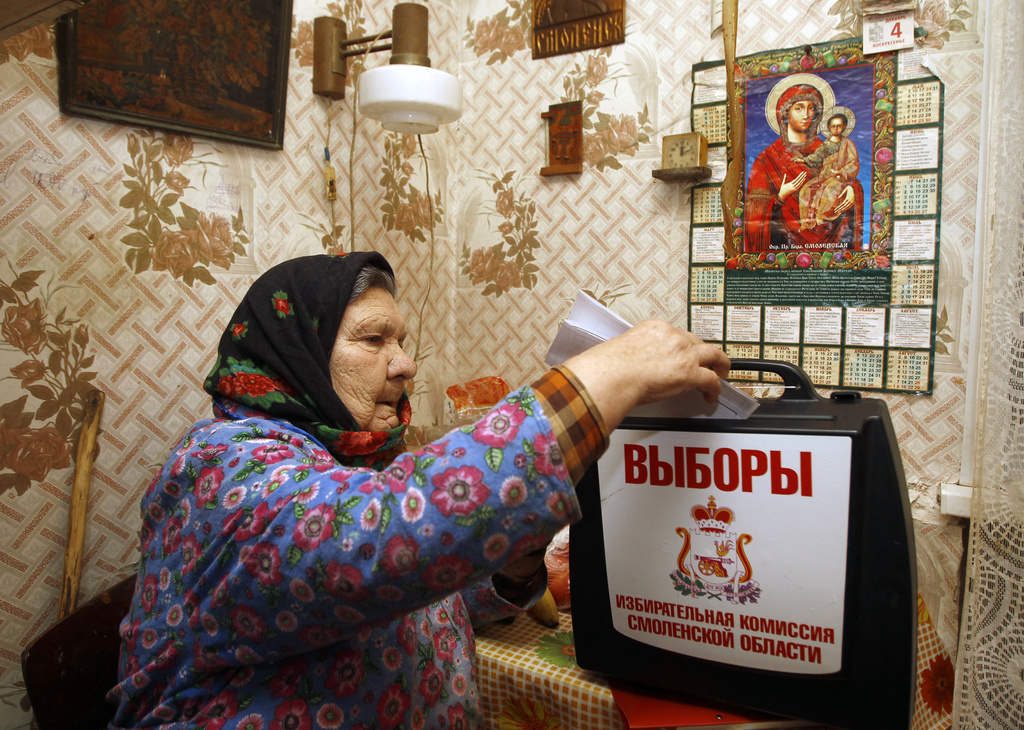
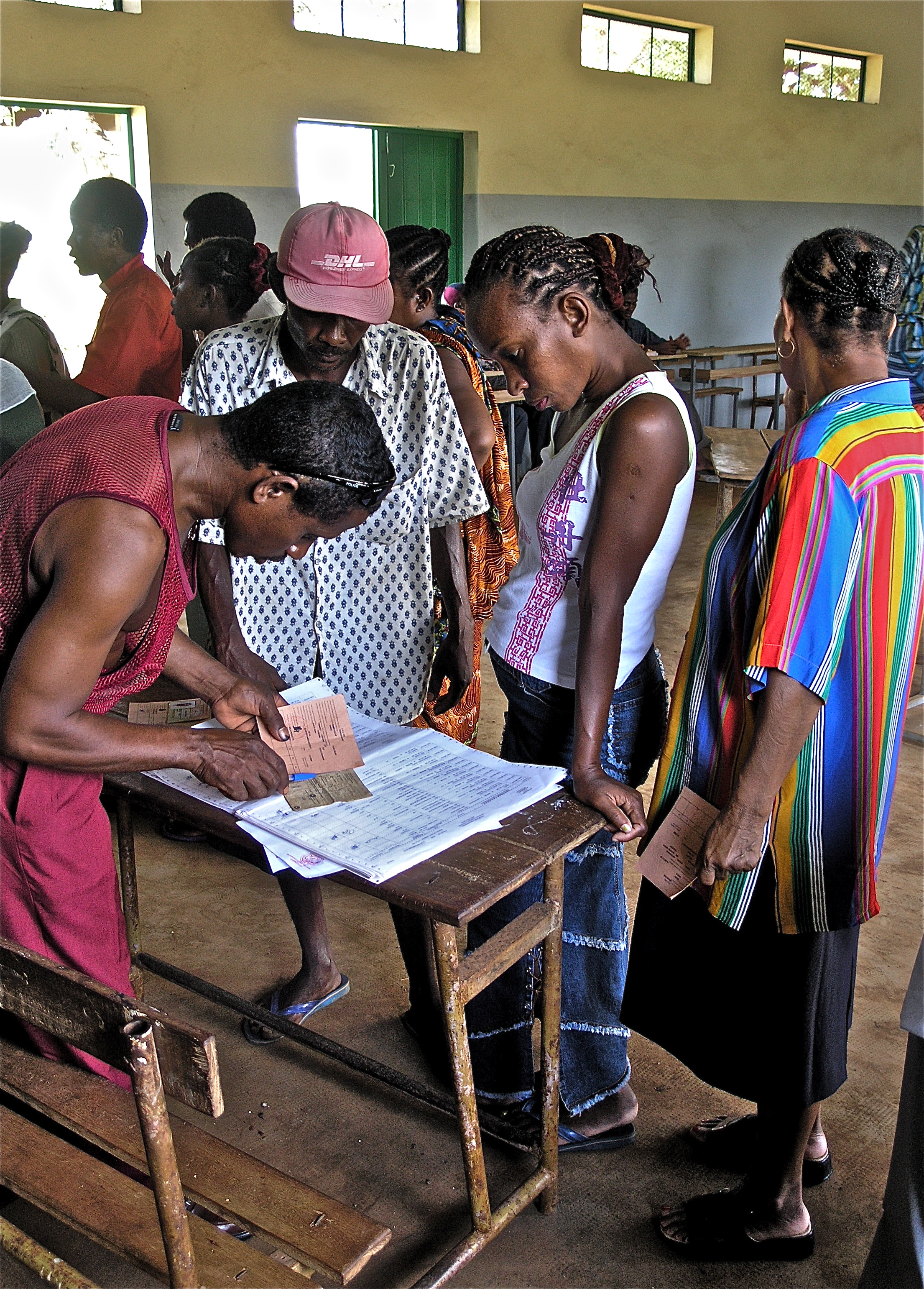
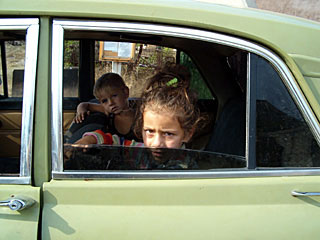
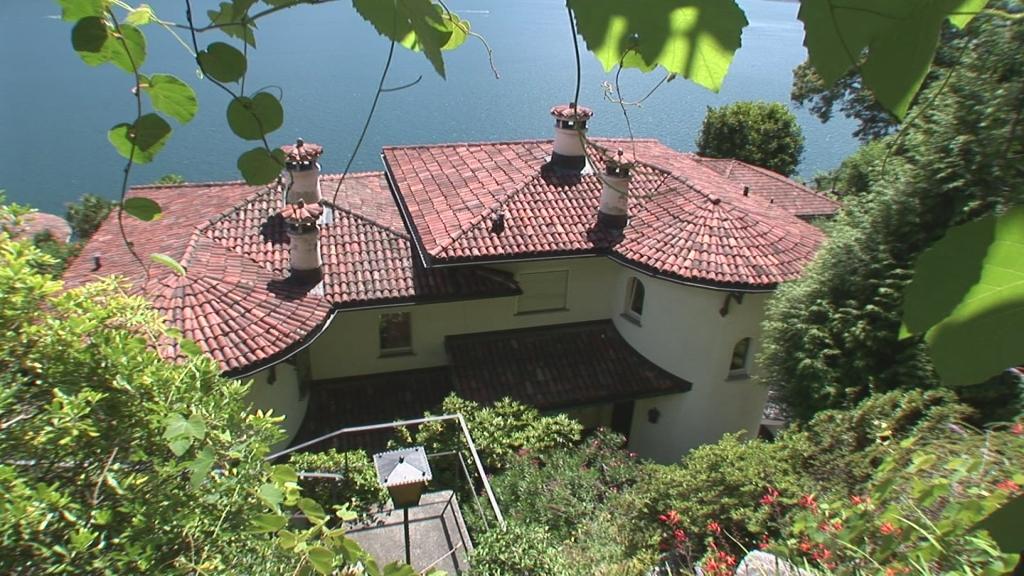
You can find an overview of ongoing debates with our journalists here. Please join us!
If you want to start a conversation about a topic raised in this article or want to report factual errors, email us at english@swissinfo.ch.